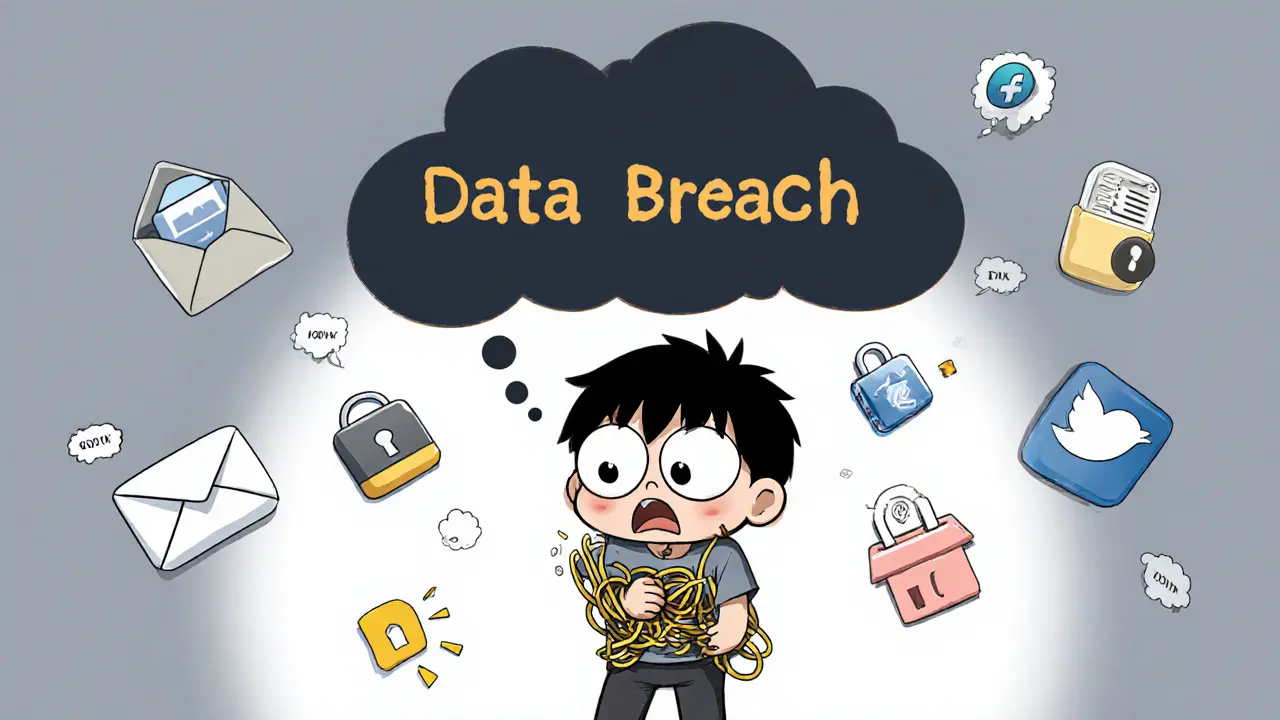Verifiable Credentials: What They Are and Why They Matter
When working with verifiable credentials, cryptographically signed digital statements that prove a claim about a person, organization or device. Also known as VCs, they let you share trusted information without a middleman.
One of the biggest shifts today is the rise of decentralized identity, a model where individuals control their own identifiers and data. Decentralized identity relies on verifiable credentials to attach proof to a DID (decentralized identifier). In practice, this means you can prove your age, degree, or employment status without handing over a passport to every service.
Closely linked is self‑sovereign identity, the philosophy that you, not corporations, own and manage your digital identity. Self‑sovereign identity uses verifiable credentials as the building blocks for portable, privacy‑preserving profiles. The relationship is clear: self‑sovereign identity requires verifiable credentials, and verifiable credentials gain value when used in a self‑sovereign framework.
Underlying all of this is blockchain, a tamper‑proof ledger that can anchor credentials and provide immutable audit trails. While you don’t need a public chain for every use case, many projects store credential hashes on a blockchain to ensure they can’t be altered. This creates a trust loop: blockchain secures the credential, the credential proves the claim, and the claim powers identity services.
Finally, think of digital certificates, traditional PKI documents that have been digitized for online use. Verifiable credentials extend digital certificates by adding privacy‑enhancing features like selective disclosure and zero‑knowledge proofs. Together, they form a new generation of secure proofs for everything from university diplomas to supply‑chain attestations.
Below you’ll find a curated set of articles that break down these concepts, show real‑world implementations, and guide you through creating and verifying credentials yourself. Whether you’re a developer, compliance officer, or just curious about the future of trust, the posts ahead will give you practical steps and deeper insight.

